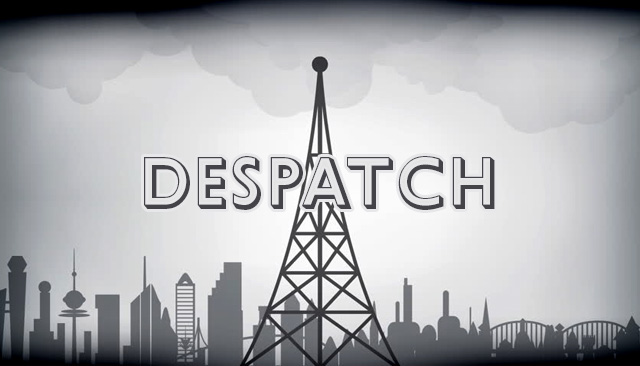As gas prices have tripled in recent years, the oil and gas major ExxonMobil has managed to pay almost no corporate income tax. That hasn’t stopped the wily multinational from sallying forth with one of the most self-righteous proclamations about tax transparency and social responsibility that has been seen for some time.
According to the available data from the Tax Office, Exxon paid zero tax on more than $18 billion in income. That was for the 2014 and 2015 years. According to ASIC searches, they paid booked a tax expense of $66 million on $7.2 billion in income in the following year but, as the ExxonMobil Australian Pty Ltd accounts are lacking in detail, any tax being paid may go to the governments of PNG, Singapore or the US.
It may be, that in the last three years, the oil giant has paid no income tax on $25 billion in revenue. We don’t know because the company declines to respond to specific questions.
For readers’ pleasure, here is the Exxon statement (interspersed in bold type by editorial commentary from yours truly).
THE IMPORTANCE OF HONESTY IN TAX DEBATE
ExxonMobil Australia has signed up to the Australian Taxation Office’s voluntary Tax Transparency Code (TTC).
Great.
This code is intended to complement Australia’s existing tax transparency measures and is designed to encourage greater transparency within the corporate sector, particularly by multinationals, and to enhance the community’s understanding of the corporate sector’s compliance with Australia’s tax laws.
What compliance? Compliance with Part IVA which requires a transaction to be commercial, not tax driven?
The Tax Act is one of the most – if not the most – complex pieces of regulation governing the way a company does business. As a result, it is not well understood in the general community.
That’s the way we like it.
In recent months we have seen increasing examples of people who are prepared to exploit this lack of understanding by attacking major companies, including ExxonMobil, in order to further their own agendas.
They just don’t understand.
“The reality is any company that cheats on its tax does not stay in business for long,” said ExxonMobil Australia Chairman Richard Owen.
You’ve been going in Australia for more than 100 years. That’s not a bad innings.
“Shades of dishonesty simply invite demoralising and reprehensible judgments that ultimately destroy reputations.
They sure do.
“The ExxonMobil Australia group has been operating successfully in this country since 1895. We have always considered our ethical reputation for scrupulous dealing is itself a priceless corporate asset.”
Cue violins.
Richard said that the ATO’s TTC initiative provided an excellent avenue towards countering the destructive, misleading information on company taxation being increasingly peddled by unscrupulous advocates.
We unscrupulous peddlers wear that as a badge of honour.
Since the Petroleum Resource Rent Tax (PRRT) was introduced in 1990, ExxonMobil Australia has paid more than $12 billion in PRRT alone.
Does Exxon expect not to pay a royalty, to extract the gas owned by Australians for free and ship it offshore like Exxon Australia’s taxable profits?
This is on average more than $450 million paid to the Federal Government each year for nearly a quarter of a century. When combined with company income tax this has equated to an effective tax rate of over 50 per cent on ExxonMobil Australia group of companies profits over the past decade.
That’s not a tax rate. That’s a tax and royalties rate. Royalties are not tax. Woolies doesn’t get its apples for free. Resources companies shouldn’t get their oil and gas for free.
Questions for ExxonMobil:
- How can a multinational oil company – and one of Australia’s five dominant gas producers – earning over $8.4 billion in 2014/15 and $9.6 billion in 2013/14 pay zero tax in Australia in consecutive years while the price of domestic gas went through the roof?
2. Why does BHP, your joint venture partner in the Bass Strait, pay far higher PRRT and income tax than Exxon?
3. How much profit earned in Australia contributes to the $US51 billion which Exxon has stashed in tax haven subsidiaries?
4. Why does Exxon not disclose its hundreds of tax haven subsidiaries?
Michael West established Michael West Media in 2016 to focus on journalism of high public interest, particularly the rising power of corporations over democracy. West was formerly a journalist and editor with Fairfax newspapers, a columnist for News Corp and even, once, a stockbroker.

